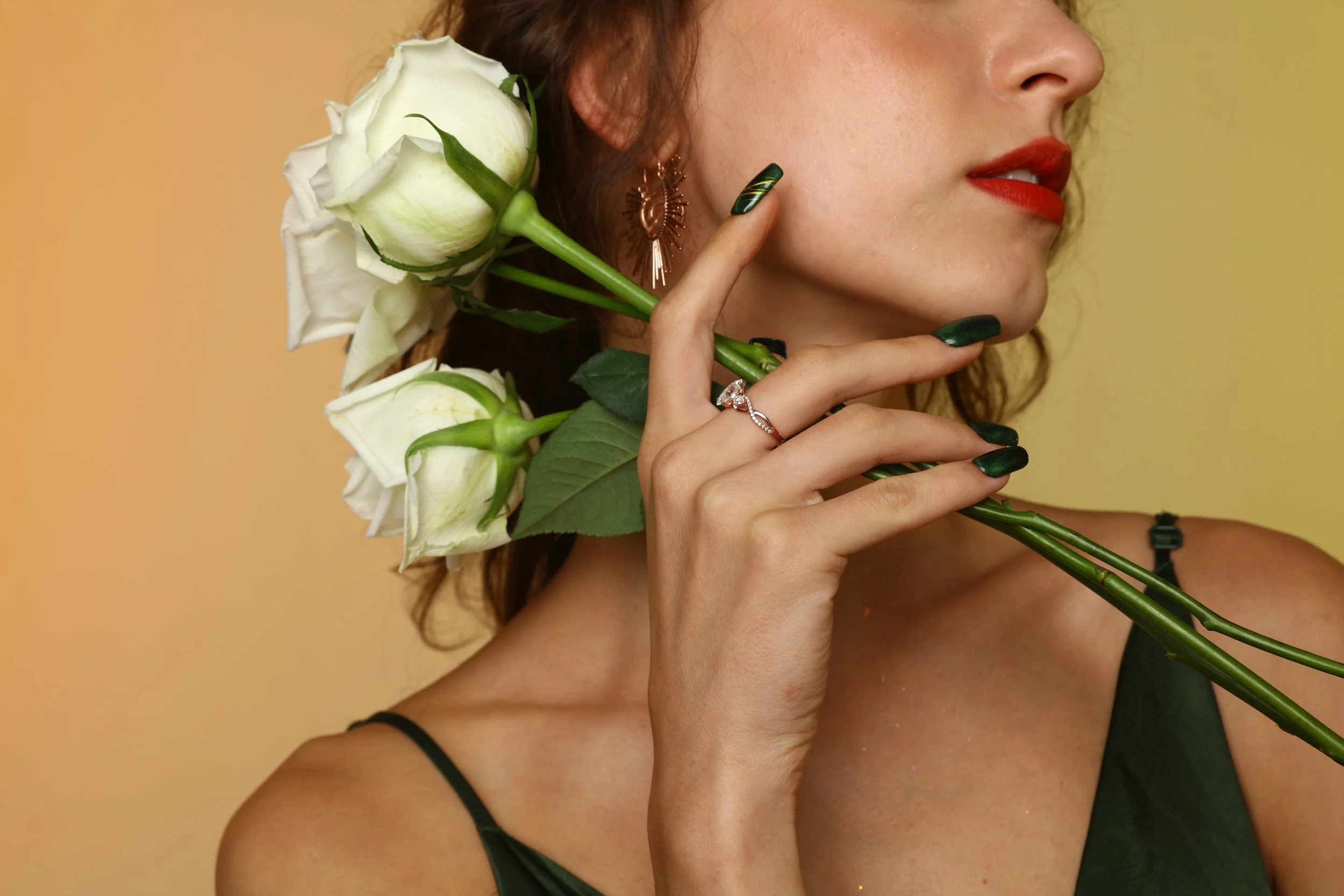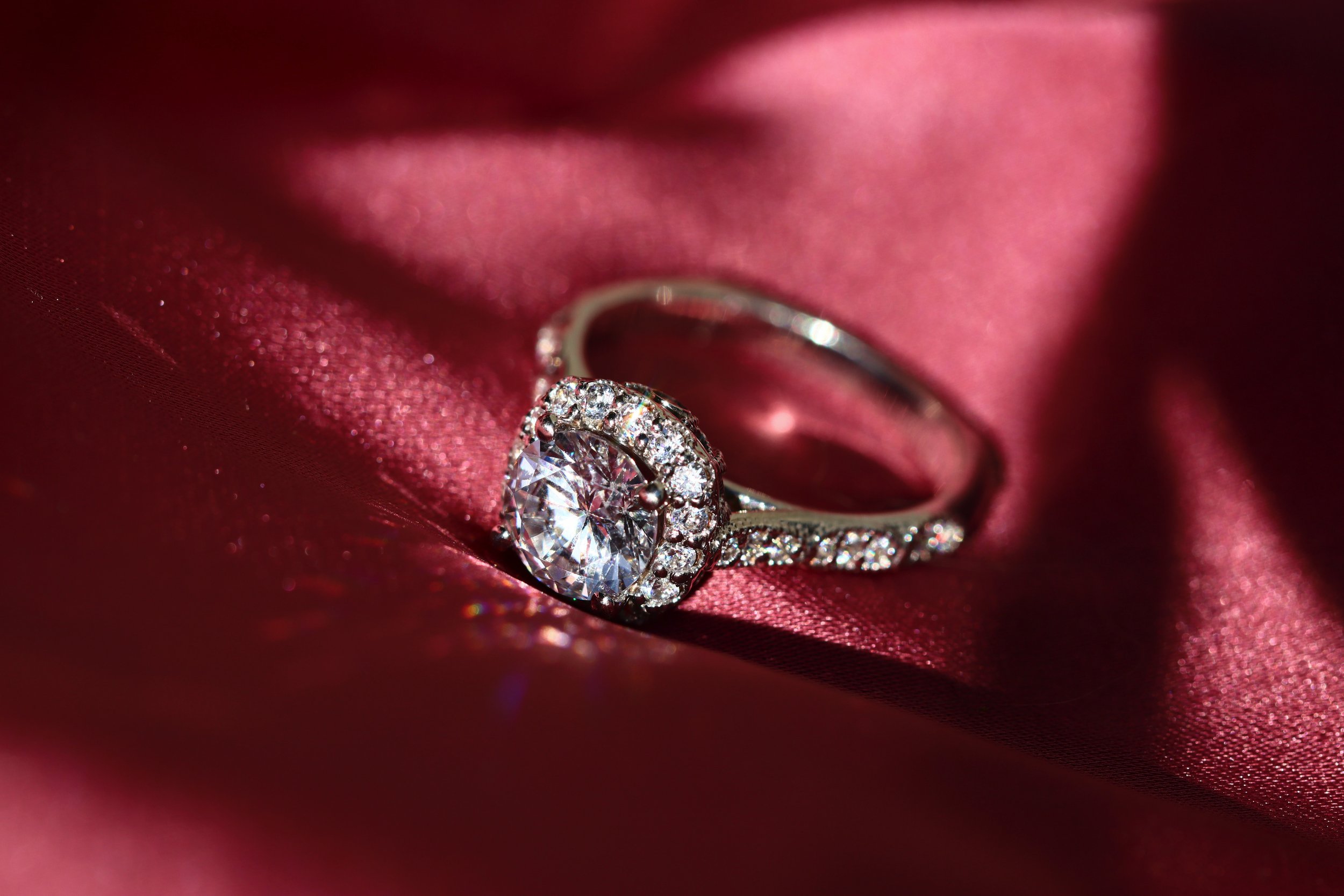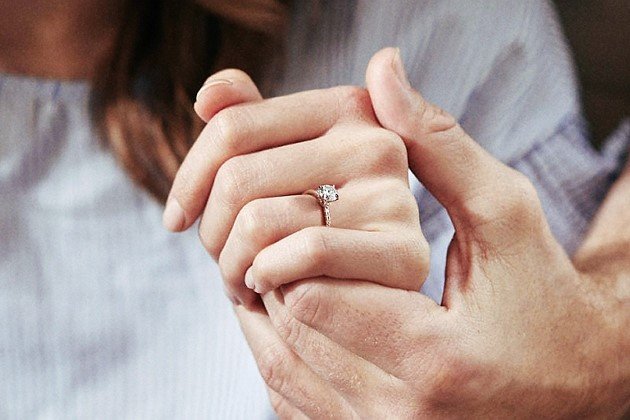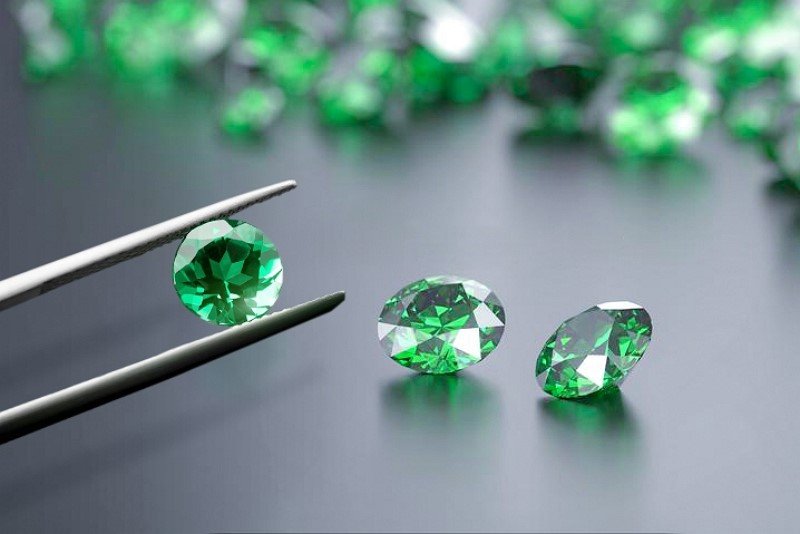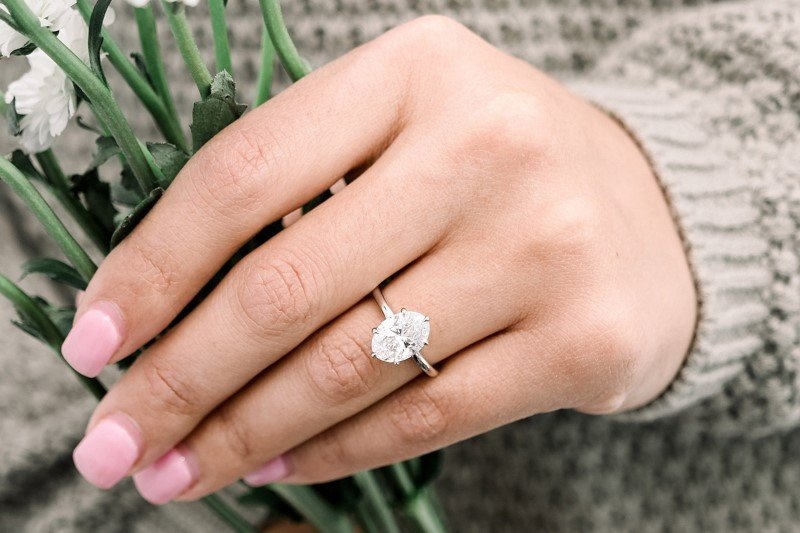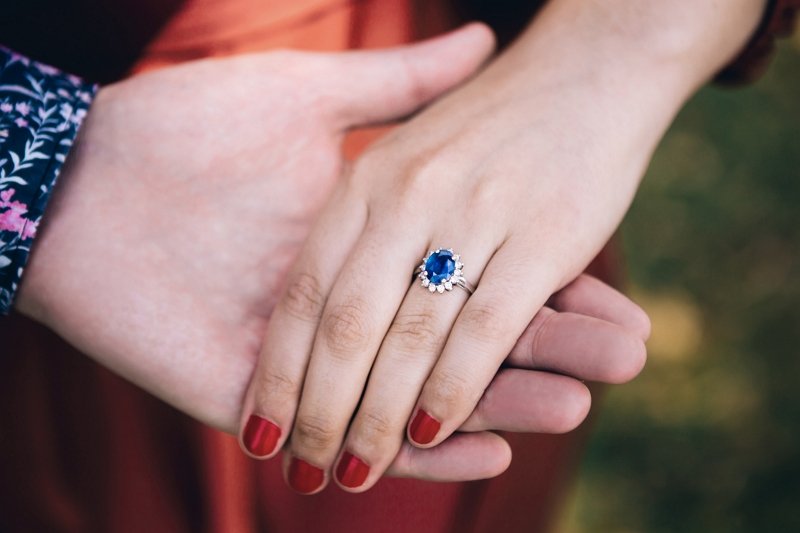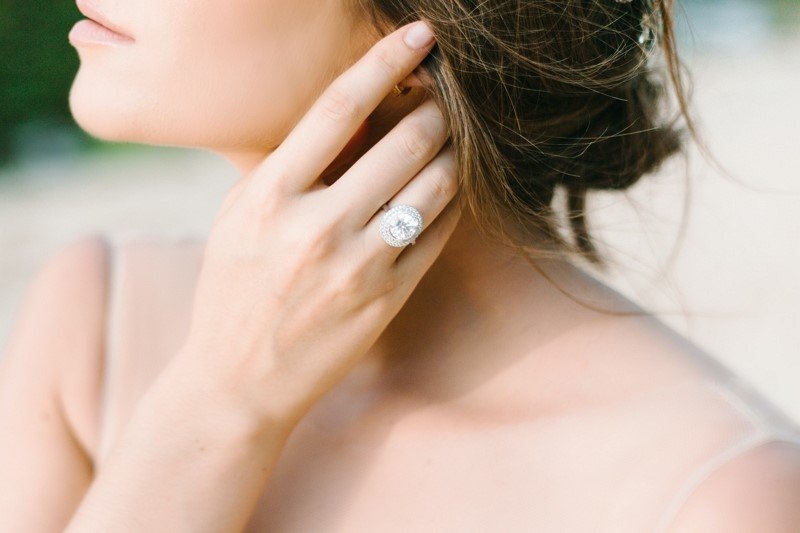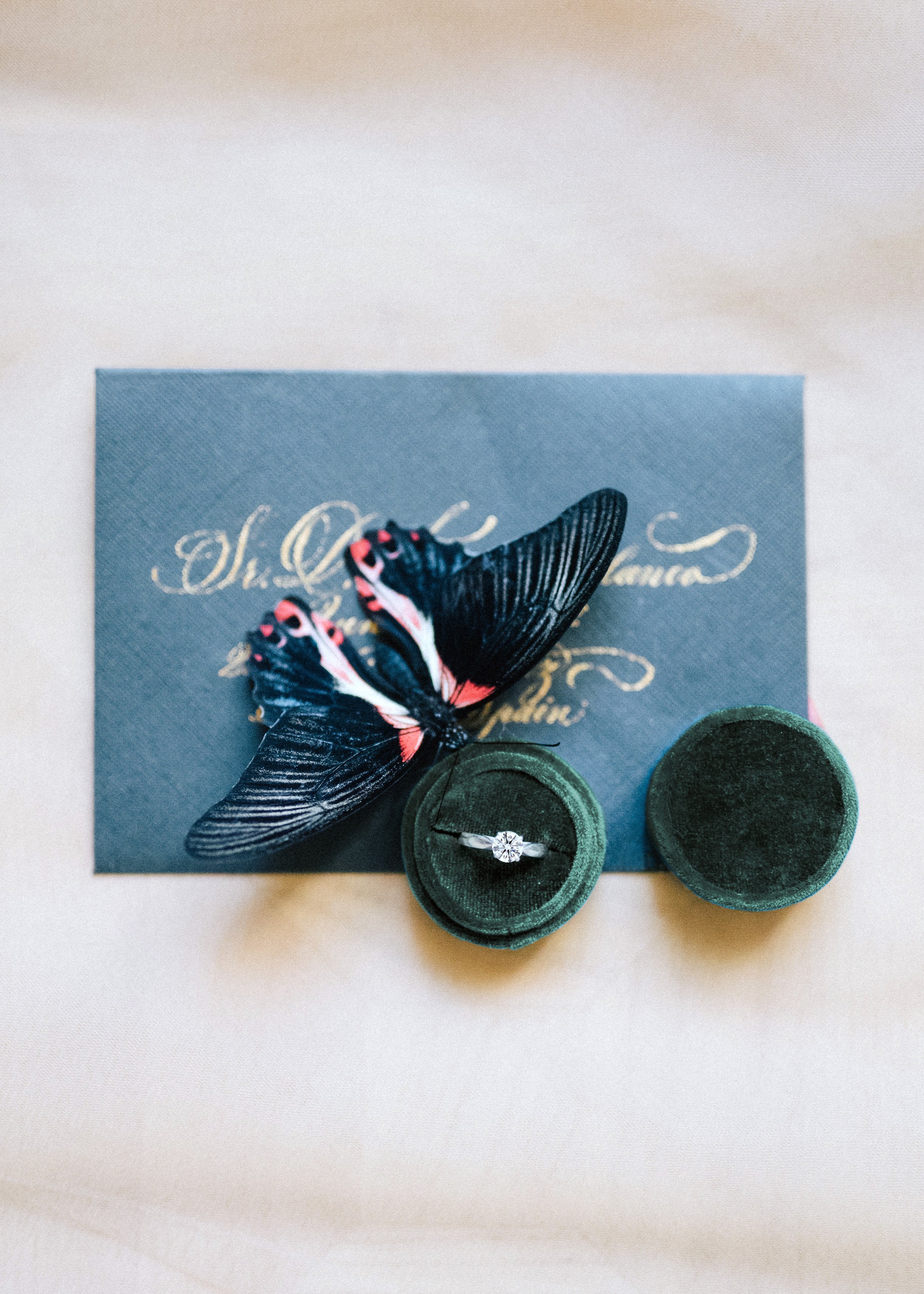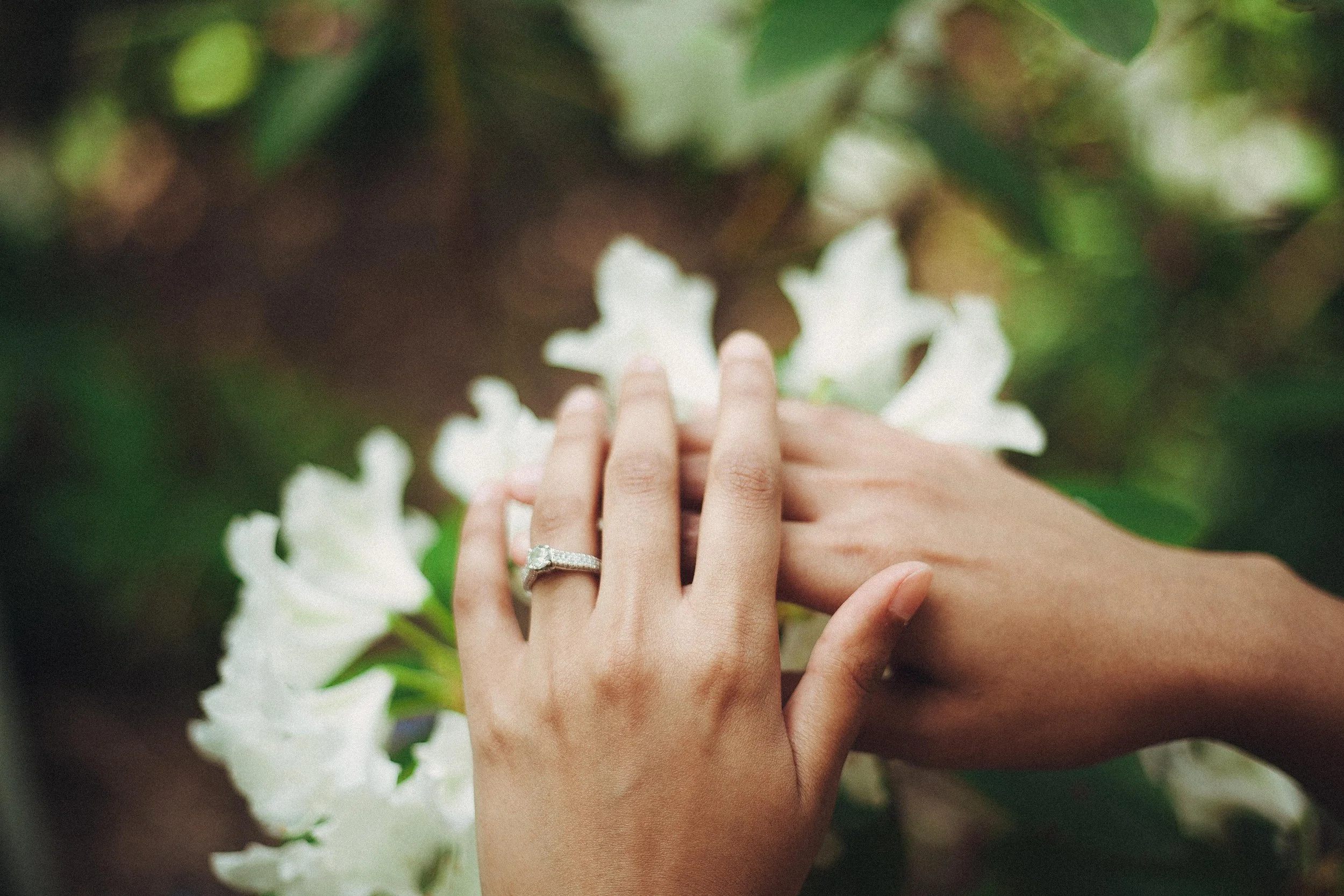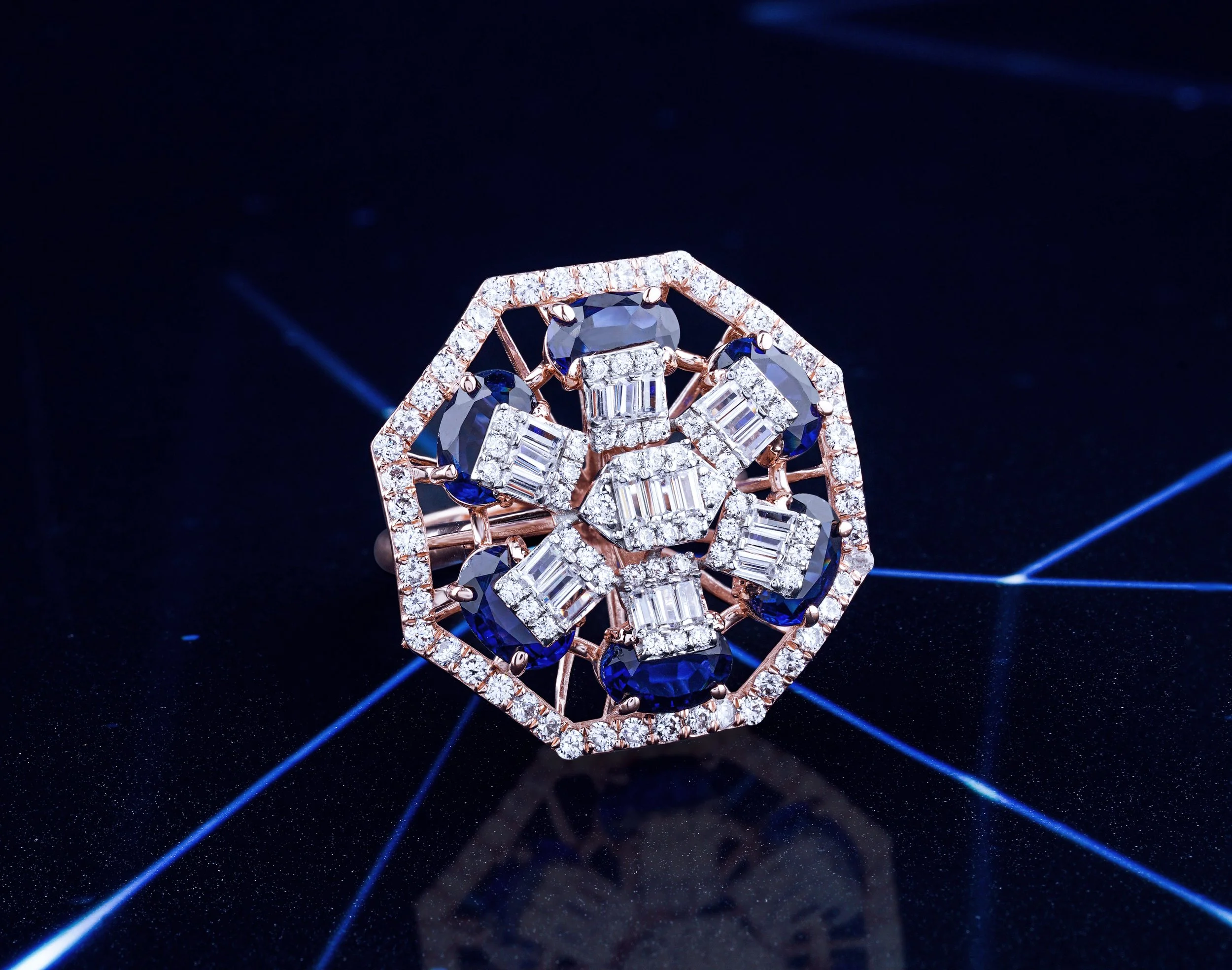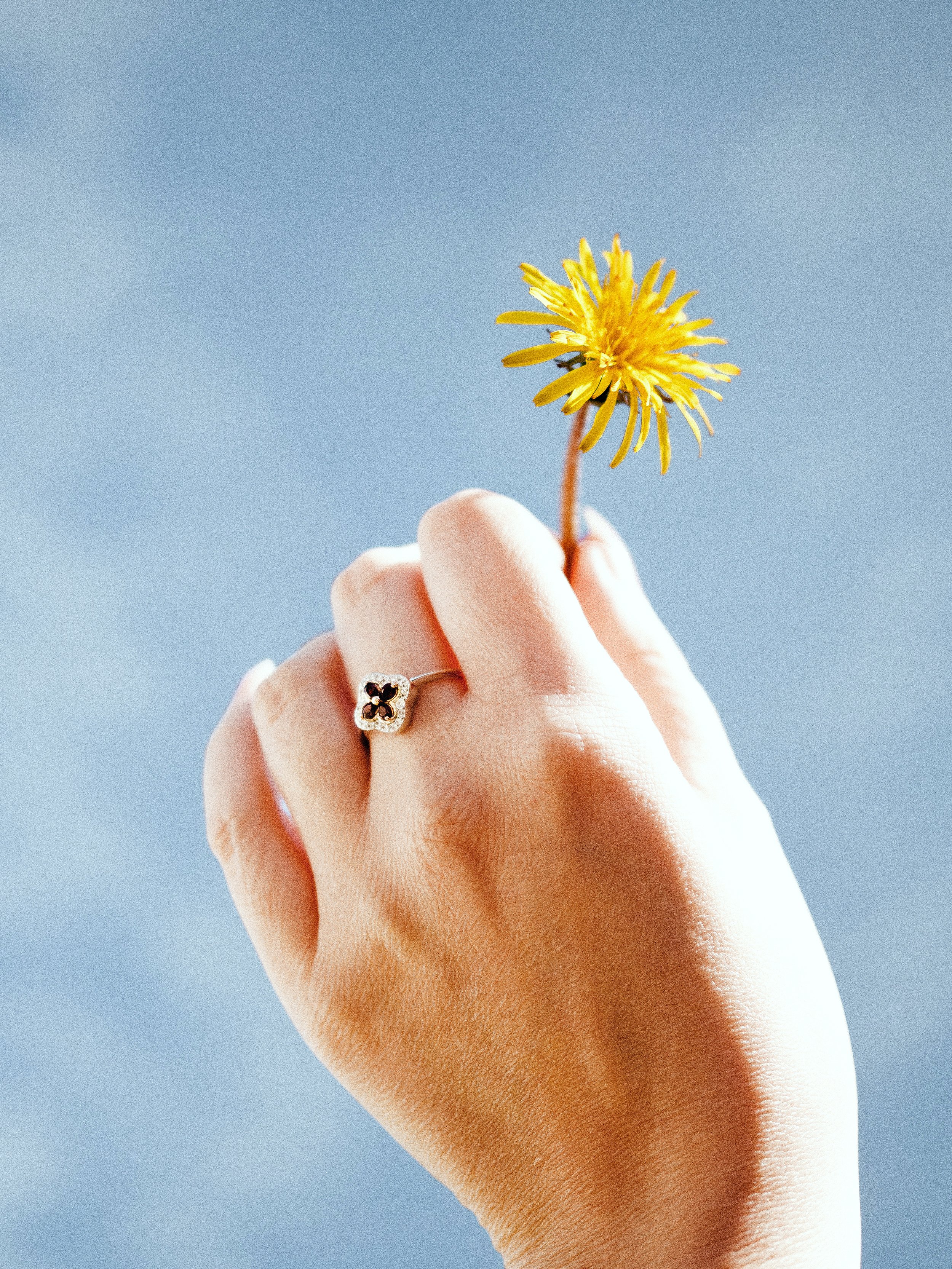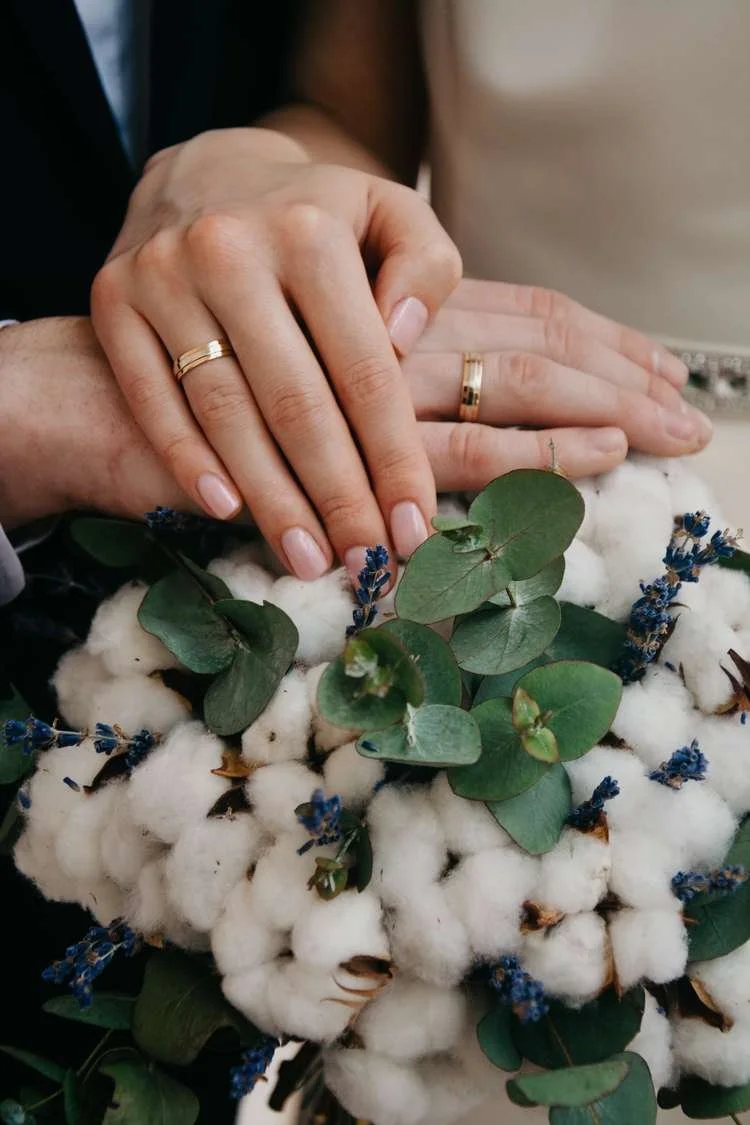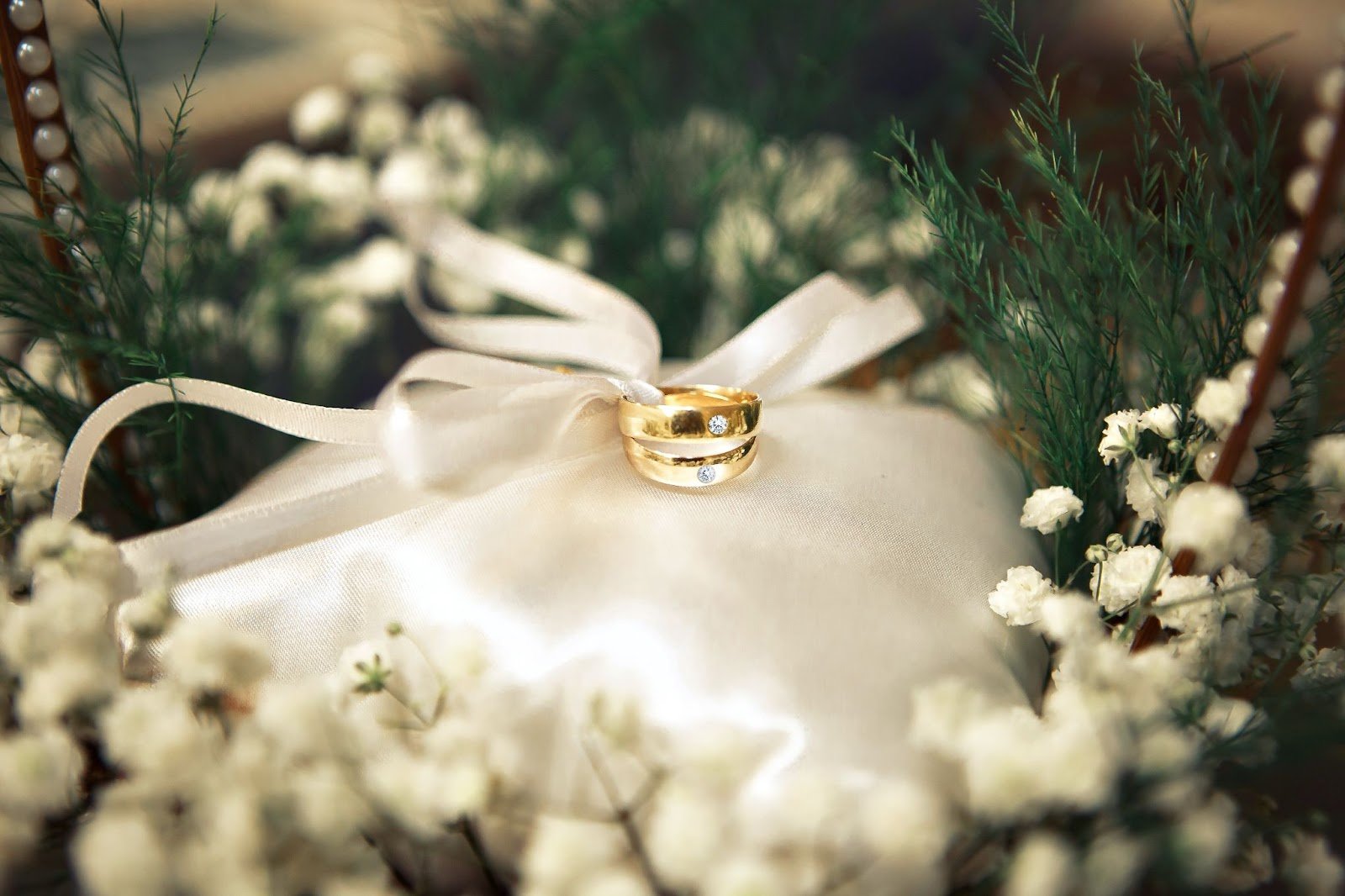Lab-Grown Diamonds: How to Insure Your Lab-Made Diamond Jewelry?
—
IN THIS ARTICLE
—
It is indeed wise to protect your diamond by buying insurance. However, if your jewelry collection, or in this case your lab-made diamond, is of great value, it may not be covered by a standard homeowner or renters insurance. In the end, it depends on the value of your diamond. The best diamond insurance usually financially protects you from the loss of your most valuable items.
Get to Know the Diamond Insurance
Diamond insurances are designed to protect your most precious items, while other types of insurances do not, at least not in the same ways. Diamond insurance considers the possible emotional distress caused by losing a particular piece of diamond jewelry, with the possibility of returning it to your original jeweler for replacement or repair.
What is diamond insurance?
Diamond insurances are specifically made to cover and protect your most precious diamond. Just as you use car insurance to protect your car or travel insurance to protect yourself when traveling, you should use particular insurance to protect your precious diamond pieces.
In general, a diamond insurance policy provides specific benefits, considering how your diamond is used and what to do if the diamond is lost, stolen, or damaged. For example, contrary to some home insurances that do not cover valuables outside your home, diamond insurances will provide insurance for daily wear.
It can be hard to imagine losing one of your favorite diamond pieces, but unfortunately, accidents can happen. One day, you may accidentally lose your wedding ring during your vacation or a childhood pendant you have had suddenly disappeared from your hotel room.
Whenever you decide to buy an expensive piece of diamond, make sure you have an insurance plan. If you have renters or homeowners insurance, ask your insurer if you need additional protection for your diamond outside your home.
-
It can be hard to imagine losing one of your favorite diamond pieces, but unfortunately, accidents can happen. One day, you may accidentally lose your wedding ring during your vacation or a childhood pendant you have had suddenly disappeared from your hotel room.
Whenever you decide to buy an expensive piece of diamond, make sure you have an insurance plan. If you have renters or homeowners insurance, ask your insurer if you need additional protection for your diamond outside your home.
-
According to the insurance information association, the actual cash value "pays a loss and damages equal to the replacement value of the damaged property minus depreciation." Alternatively, the replacement cost "pays the dollar amount required to replace the damaged personal property without depreciation, but up to the maximum dollar amount shown on the policy return page."
In General, if your insurance is based on replacement cost, you will get more compensation when you claim because most things will depreciate. Diamond is a unique example. It doesn't necessarily depreciate like a house or a car. Normal wear and tear will affect the fair market value of diamonds, which is the benchmark for determining claim compensation in some cases. In other words, if your insurance is based on replacement cost, you will get more balance when you claim because most things will depreciate.
The bottom line is: there is no speculation within the replacement cost coverage. When you insure, you will receive the required amount to replace your insured items.
Are Lab-grown Diamonds as Valuable as Natural Diamonds?
Yes, they are. Lab-grown diamonds are valuable as natural mined diamonds.
Unfortunately, this misconception has been used as one of the most significant selling points by naturally mined diamond jewelers for 50 years. Natural jewelers claim that natural diamonds have a higher value than lab-made diamonds because the industry virtually monopolizes the natural diamond industry. The most crucial factor in this problem is the lack of understanding of the resale value of naturally mined diamonds. There is simply no reason to force jewelers to buy your diamond at market price when they can buy the same diamond for the same price from any one of hundreds of wholesalers who may offer better payment terms.
We see a very similar lab-grown diamond resale system emerge today, especially in the online marketplace. We encourage consumers to remember that just because your local jeweler is not currently buying lab-grown diamonds does not mean they have no resale value. Instead, these lab-grown alternatives are relatively new to the marketplace, and we need more time to see them develop, just as we once did with diamonds mined from the earth.
In addition, lab-made diamonds are born with memories. Such items of transcendent worldly value hold much value. The lab-grown diamond out of human hair and all the diamond rings are loving gifts for all couples planning to be engaged. Whether you’re planning the engagement party or just appreciate the exceptional quality of the lab-grown diamonds, the range has something for everyone.
You’ll find eye-catching items no matter which one you like, such as the pink color diamond, the yellow diamond, the blue diamond, or the cushion cut, the marquise cut, and more in the Sunny Eden™️.
Protect Your Lab-grown Diamond: What You Should Look for in a Good Diamond Insurance Policy
A diamond insurance policy is specifically designed to ensure your most precious pieces of diamond. If you are looking for the best coverage for your diamond, a specialized procedure is the right choice as you may not get the same benefits from homeowner insurance. In addition, it is usually a wiser choice to save money.
-
You may want to know the difference between an accidental loss and a mysterious loss. Accidental loss means that you mistakenly lose your diamond, or it is impossible to repair it because of an unfortunate accident. Suppose you have a beautiful gold pendant. You wore it and drove to work, and there was an accident. The airbag is deployed, and your necklace ends up being broken. You later found that there was no way to repair the chain. It is considered an accidental loss because the necklace is damaged and cannot be repaired. Fortunately, if you have diamond insurance, your insurance can cover the loss.
-
Specialized diamond insurance usually includes loss due to theft or other causes, like routine damage due to wear and tear. Diamond insurance premiums may vary according to use, type of home, storage, and security system.
-
Diamond travel insurance focuses on one problem, namely the theft or loss of diamonds by travelers. You can read how travel insurance covers theft, but travelers need to be aware of some restrictions regarding diamonds. Diamond travel insurance describes the baggage coverage and the coverage of lost or stolen items in your travel insurance plan, the limit for each item, and the maximum payout. The original receipt must also accompany claims for expensive items to prove that you owned the thing.
However, travelers do not necessarily have to rely on travel insurance with a small coverage for diamonds. There is a better option: wrap your diamond with unique items from your homeowner's or renter's insurance plan. You will get better protection, usually up to the replacement value, and you will be protected no matter what. If the hotel is burned down and you manage to get out but leave your diamond, it will be covered. If you look at the railing of the cruise ship immediately after the critical chain of the necklace breaks and falls into the sea, you will be protected.
In your homeowner's or renter's plan, your special items insurance may have a deductible. Still, if you make a claim against travel insurance (depending on your loss), you can also recover the deductible.
Jewelry Insurance: How Much does it Cost?
In most cases, the annual cost of diamond insurance is about 1-2% of the value of the diamond. Thus, a $5,000 ring would cost $50-$100 per year for insurance.
The three most important factors that determine the cost of diamond insurance are the value of the diamonds cultivated by your lab, the consumer's area of residence, and the insurance company's rates.
What Kind of Existing Diamond Insurances Should You Subscribe to?
There are two options when looking at purchasing a diamond insurance policy. The most common option is to add your diamond to your homeowner's policy through a floater, a supplemental policy purchased along with homeowners or renters insurance (also called an insurance rider). The other option is to choose a specialized diamond insurance company.
-
Most basic homeowners insurance coverage can protect you from some valuable losses, but only for a certain amount and is limited to the risks covered by your homeowner's insurance policy. For some companies, the amount may be as low as $1,000 in any particular event after the deductible is applied. You can extend the limit to your entire collection by adding a floater and adding risks specific to your diamond.
Using your homeowner's insurance company for diamond insurance, however, definitely has its drawbacks. For starters, if you're looking to insure an engagement ring, a homeowners company may insist that your fiancee is a resident of your household and listed on the policy. It's not only laborious and time-consuming to do that, but it could also ruin the surprise.
-
Independent insurance policies usually provide more comprehensive coverage than homeowners floating insurance, such as cover for mysterious disappearance, accidental damage, and natural disasters. Typical homeowners insurance policies typically do not cover these critical risks, regardless of a separate diamond insurance additional clause. In addition, an independent policy provides replacement costs, may include preventive maintenance coverage and can extend the limit beyond the appraised value. Most importantly, by separating your diamond insurance line with a specialized carrier, you will not risk increasing your homeowner's or renter's insurance premiums or having your homeowner's insurance policy not renewed or canceled in the event of a diamond claim.
Most insurance companies offer discounts to customers who purchase multiple insurance policies. If you buy home, car, life, and property insurance from a single supplier, you may get a better deal overall.
If you do not have homeowner or renter insurance, you can purchase independent insurance from a provider that specializes in diamond insurance. Some jewelers offer such policies or can recommend a company that does so.
Last but not least: Protecting your property doesn't mean you can never wear it. On the contrary, if you insure your valuable pieces, you can use and enjoy them all the more, knowing that they're adequately covered.
